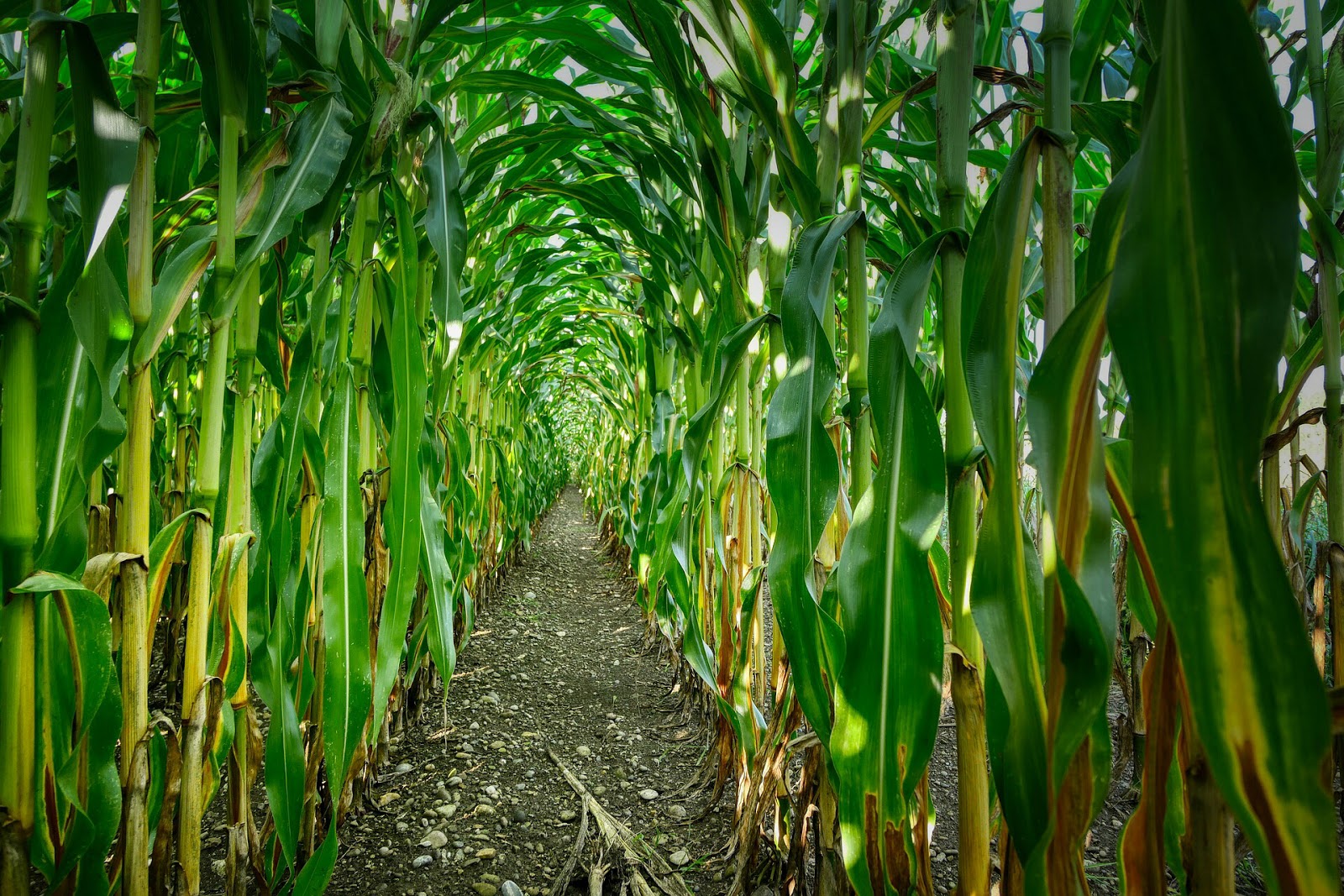Have you ever been wondering on the different types of farming systems? Or do you know a list of the farming system but their meaning are skeptical to you? Well that might look like a problem, but, relax we are about to solve that for you. All you need to do is to read through this article and all your problems will be solved.
First, lets give you the different types of (animal) farming systems
- Intensive system
- Semi-intensive system; and
- Extensive system
Intensive system
Animals reared in this system are kept in a confinement where feed, water, and medical attention are available for/to the animals. This system has appeared to be one of the most efficient method of keeping most animals (except for some).
Advantages of intensive system
- Early maturation: Animals in this system reach market size early
- It allows for easy control of disease outbreak
- Sick animals can easily be detected and cull for proper medication
- No
There risk of loosing animals to theft or predators
Disadvantages of intensive system
- It allows for easy spreading of disease
- It is not the best system for keeping ruminants such as sheep and goat
Semi-intensive system
As the name implies, this system falls between the intensive and extensive systems. In this system the animals are housed but they are still occasionally allowed to go out in search for food and water. It is also an efficient method and requires less capital as compared to the intensive system.
Advantages of semi-intensive system
- It requires less capital
- It is the best for keeping animals such as sheep and goat (tethering)
Disadvantages of semi-intensive system
It requires a lot of labour works
It also allows for easy spread of diseases as animals are kept very close to themselves
There the risk of loosing animals to theft or predators
Extensive system
This is the opposite of the intensive system. In this system the animals are allowed to go out in search for food, water etc. There are no special housing for the animals in this system, instead the find a place to stay for them selves which is usually under trees.
Advantages of extensive system
- Animals reared in this system are more palatable
- The spread of diseases is very limited
- Animals reared in this system are more resistant to diseases
Disadvantages of extensive system
- Animals take a much longer time to reach market size
There the risk of loosing animals to theft or predators
Pls hit the subscription column at the to of the page to get more updates


Comments
Post a Comment